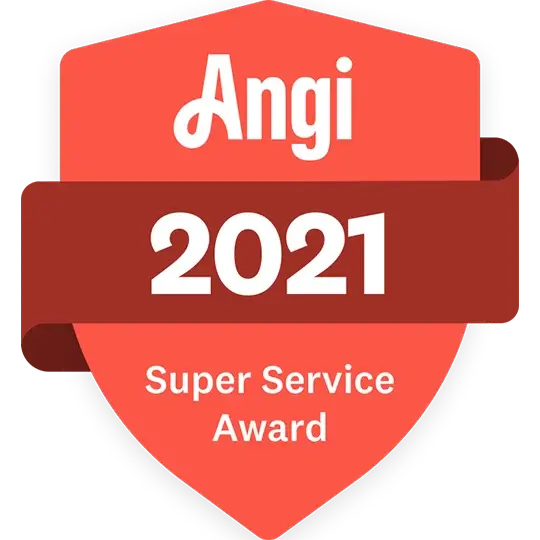What Are the 2025 Home Construction Costs in Seattle?
Table of Contents
- Introduction to Seattle Home Construction Costs
- Average Costs of Building a Home in Seattle in 2025
- Factors Influencing Construction Costs
- Detailed Cost Breakdown
- Permit and Code Requirements in Seattle
- How to Optimize Your Budget for Home Construction
- Choosing the Right Contractor for Your Build
- FAQs
Introduction to Seattle Home Construction Costs
Building a home in Seattle in 2025 remains a significant investment, but it offers the unique opportunity to design a property tailored to your needs and preferences. With Seattle’s growing focus on sustainable and energy-efficient housing, construction trends have shifted, affecting both costs and building practices.
Understanding the cost structure, local regulations, and available resources can help you make informed decisions and ensure a smoother building process.
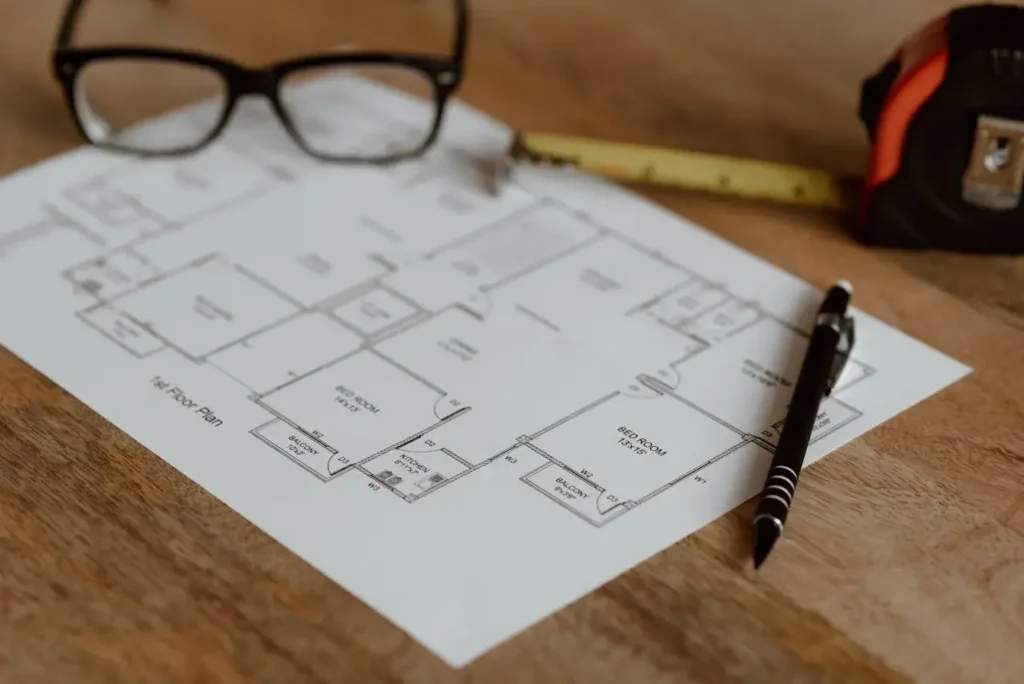
Average Costs of Building a Home in Seattle in 2025
In 2025, the average cost of building a home in Seattle ranges between $350 and $550 per square foot, depending on the materials, design, and location. For a 2,500-square-foot home, the total cost is typically between $875,000 and $1,375,000.
Luxury homes with high-end finishes and eco-friendly features may exceed this range, while smaller or simpler homes might be built at a lower cost.
Factors Influencing Construction Costs
Adhering to Seattle’s building codes ensures that your property:
- Meets safety standards to protect residents and visitors.
- Aligns with the city’s environmental goals, potentially reducing energy costs.
- Maintains or increases its market value.
- Avoids fines, penalties, or legal complications from non-compliance.
Ignoring these codes can lead to failed inspections, project delays, or even having to tear down non-compliant work.

Need an expert consultation?
Fill out the form to get 100% free consultation
Detailed Cost Breakdown
Here’s a general estimate of typical expenses when building a home in Seattle:
- Land Purchase: $200,000–$500,000
- Site Preparation: $15,000–$60,000
- Foundation: $20,000–$50,000
- Framing: $50,000–$120,000
- Plumbing and Electrical Work: $25,000–$70,000
- Interior Finishes: $60,000–$200,000
- Landscaping: $8,000–$40,000
Permit and Code Requirements in Seattle
Seattle’s building codes are among the most stringent in the nation, prioritizing safety, energy efficiency, and sustainability. Common permits required for construction include:
- Building Permit: For new construction and major renovations.
- Electrical Permit: Required for wiring and system installations.
- Plumbing Permit: Covers water, gas, and sewer connections.
- Energy Code Compliance: Ensures the structure meets Seattle’s energy efficiency standards.
Permit costs typically range between $3,000 and $12,000, depending on the project’s complexity.
How to Optimize Your Budget for Home Construction
- Plan in Detail: Clear and detailed blueprints help avoid costly changes during construction.
- Choose Cost-Effective Materials: Opt for durable and locally sourced materials to save on transport and maintenance.
- Simplify the Design: Avoid overly complex layouts that require additional labor and materials.
- Invest in Energy Efficiency: Features like solar panels and smart HVAC systems save money in the long term.
- Work with Experienced Builders: Skilled contractors can prevent costly mistakes and delays.
- Monitor Progress Closely: Stay involved to ensure the project stays on budget and schedule.
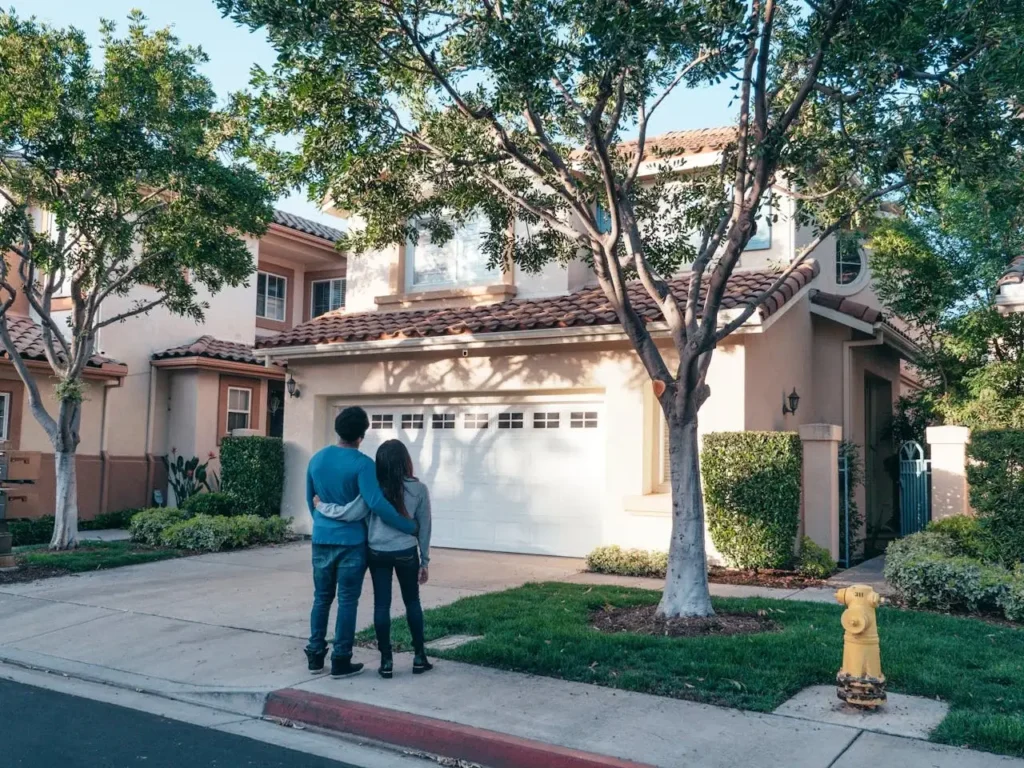
Choosing the Right Contractor for Your Build
Finding the right contractor is essential for a successful project. Look for companies that:
- Are fully licensed, insured, and experienced with Seattle’s building regulations.
- Offer transparent pricing with no hidden fees.
- Have a proven track record and positive client reviews.
- Provide a detailed contract outlining the scope, timeline, and costs.
- Maintain open communication throughout the project.
7 Frequently Asked Questions About Building House In Seattle
Most homes take 9 to 14 months to complete, depending on the size and complexity of the project.
Unexpected expenses like soil testing, utility hookups, or design changes can arise. A contingency budget is recommended.
Green roofs, solar panels, rainwater harvesting systems, and energy-efficient appliances are popular choices.
While it’s possible, working with experienced contractors reduces risks and ensures compliance with local codes.
Consider factors like zoning laws, proximity to amenities, and neighborhood trends.
For custom homes or complex designs, hiring an architect ensures quality and compliance.
Building allows for complete customization and modern energy-efficient features, though it requires more time and planning.
